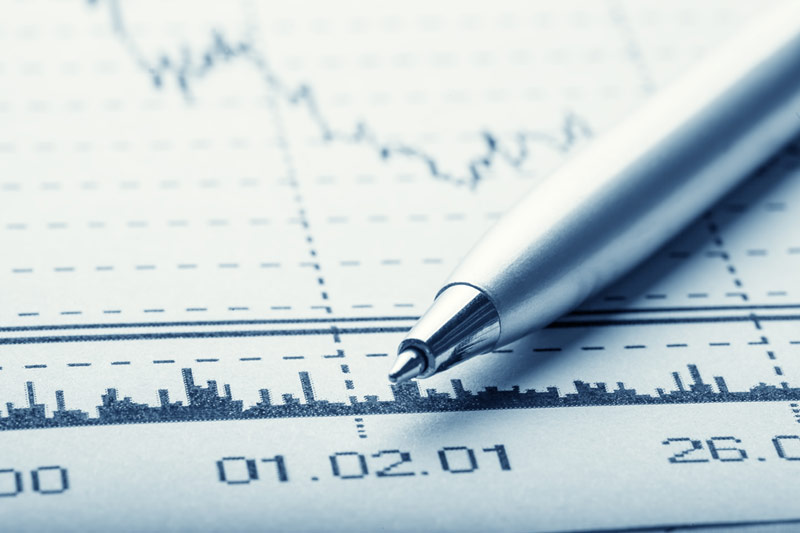Select Language

By Rae Wee
SINGAPORE (Reuters) - The dollar rose to an eight-week high against its major peers on Monday as traders clawed back bets for aggressive rate cuts by the Federal Reserve this year in view of a still-resilient U.S. economy.
The yen as well as the Australian and New Zealand dollars meanwhile tumbled to two-month lows, while the euro similarly bottomed at a more than one-month trough of $1.07675 against a stronger greenback.
The dollar index peaked at 104.18, its highest since December.
The Fed repricing has come on the back of Friday's blockbuster U.S. jobs report that far exceeded market expectations, reinforcing Chair Jerome Powell's statement at the conclusion of the central bank's policy meeting last week that a March rate cut was unlikely.
"A one-two punch from Jay Powell's FOMC presser and a very strong nonfarm payrolls report have essentially closed the door on a March rate cut," said Chris Weston, head of research at Pepperstone.
Traders are pricing in just a 20% chance that the Fed could begin easing rates in March, as compared to a nearly 50% chance a week ago, according to the CME FedWatch tool. The odds for a cut in May have also lengthened.
In an interview with the CBS news show "60 Minutes" that aired Sunday night, Powell said the Fed can be "prudent" in deciding when to cut its benchmark interest rate, with a strong economy allowing central bankers time to build confidence inflation will continue to slow.
Fed funds futures now show roughly 137 basis points worth of easing priced in for the Fed this year, down from 150 bps at the end of last year.
The Japanese yen was last 0.15% lower at 148.58 per dollar, having hit a trough of 148.82 earlier in the session.
The Aussie slid 0.33% to $0.6490, while the kiwi lost 0.25% to last trade at $0.6050.
Sterling bottomed at $1.2600, its lowest since Jan. 17.
"The dollar is likely to hold on to its recent gains," said Carol Kong, a currency strategist at Commonwealth Bank of Australia (OTC:CMWAY) (CBA).
Treasury yields also jumped on expectations of higher-for-longer U.S. rates, with the two-year yield, which typically reflects near-term interest rate expectations, last up nearly seven bps at 4.4386%.
The benchmark 10-year yield rose five bps to 4.0829%.
Elsewhere, China's securities regulator vowed to prevent abnormal market fluctuation, after Chinese stocks plunged to five-year lows, but announced no specific measures. [.SS]
That did little to help the yuan, with the offshore yuan last marginally lower at 7.2182 per dollar, pressured by a stronger greenback.
It had fallen to a more than two-week low of 7.2225 per dollar earlier in the session.
"I doubt (the news) will materially support (the yuan) in the near term, unless we get more concrete details," said CBA's Kong.
"So far we've just seen speculation and some media reports talking about further support for the equity market or the property market. But we haven't really seen a lot of details on those easing measures from the Chinese government.
"So I think markets are still pretty doubtful about whether or not those reports will materialise."

